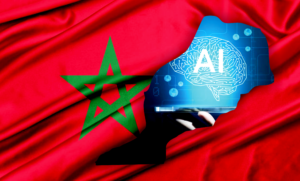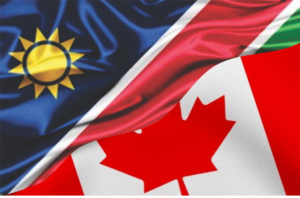AU Urges Global Action Against Jihadist in the Sahel Region, as Fuel Blockade Toughen Mali’s Crisis
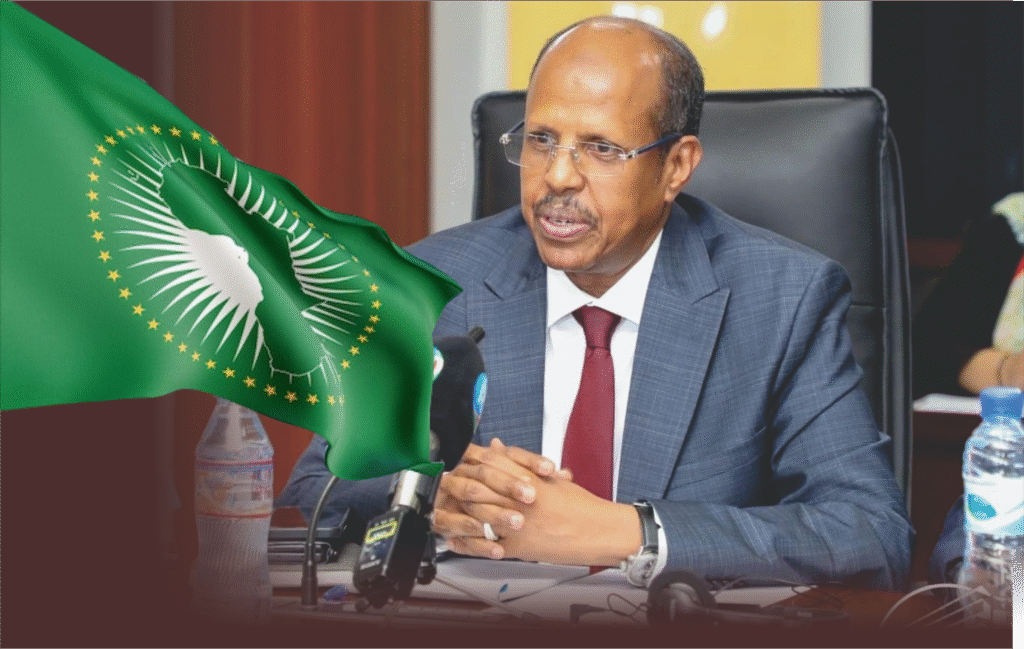
The African Union (AU) has issued a stark warning about Mali’s deepening crisis, urging urgent global cooperation and intelligence-sharing as jihadist fuel blockades choke the country’s economic and social life.
Since September, Al Qaeda-linked insurgents from Jama’at Nusrat al-Islam wal-Muslimin (JNIM) have cut off major fuel routes into Mali, crippling transportation, shutting down schools, and silencing small businesses. What began as a militant tactic has evolved into a full-blown humanitarian emergency that touches not only the battlefield but also family life, commerce and regional stability.
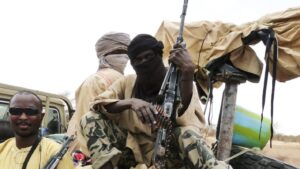
![]()
Mahmoud Ali Youssouf, Chairperson of the AU Commission, voiced deep concern over the rapidly deteriorating security situation, calling for enhanced cooperation, intelligence-sharing, and sustained support from international partners. He also demanded the release of three Egyptian nationals reportedly abducted by the group, which was part of a growing pattern of kidnappings that have become both a revenue stream and a terror strategy.
To the ordinary Malians, the crisis is felt in their daily struggles. Fuel for transportation and kerosene for cooking has vanished from the markets. Teachers can’t reach classrooms and families are walking miles to find food or medicine. In Bamako, schools only just reopened after a two-week closure, but parents fear the disruption may return.
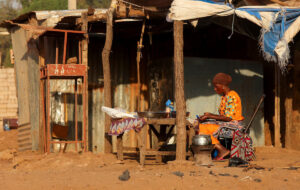
Economically, the blockade has exposed the fragility of Mali’s trade lifelines. Fuel shortages have idled factories, grounded transport networks, and driven up food prices, deepening inequality in a country already battered by years of conflict and climate shocks. Business owners warn that prolonged disruption could push many into bankruptcy, while others are resorting to the black market, where jihadists themselves reportedly profit from smuggling.
This is a political crisis accentuates the isolation of Mali’s military junta, which has severed ties with Western allies while leaning on Russia’s Wagner mercenaries for support. Critics say that shift has left Mali diplomatically stranded at a moment when international coordination is crucial.
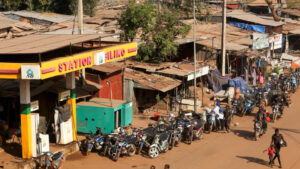
Socioculturally, the blockade has eroded the communal rhythms of daily life across marketplaces, family congregations, social meetings/outings, etc., to replacing them with fear and scarcity. Religious leaders, who have long mediated local disputes, now struggle to broker peace under jihadist intimidation.
JNIM’s tactics reveal a chilling evolution of insurgency in the Sahel region, with driving-in economic strangulation as a weapon of control. Analysts warn that, without a concerted international response, the blockade could serve as a model for similar tactics across the region, amplifying instability from Burkina Faso to Niger.
The AU’s call is transcends worries for Mali alone to preventing a domino effect that could engulf the Sahel into unfathomable chaos. However, whether the world listens, remains uncertain.



